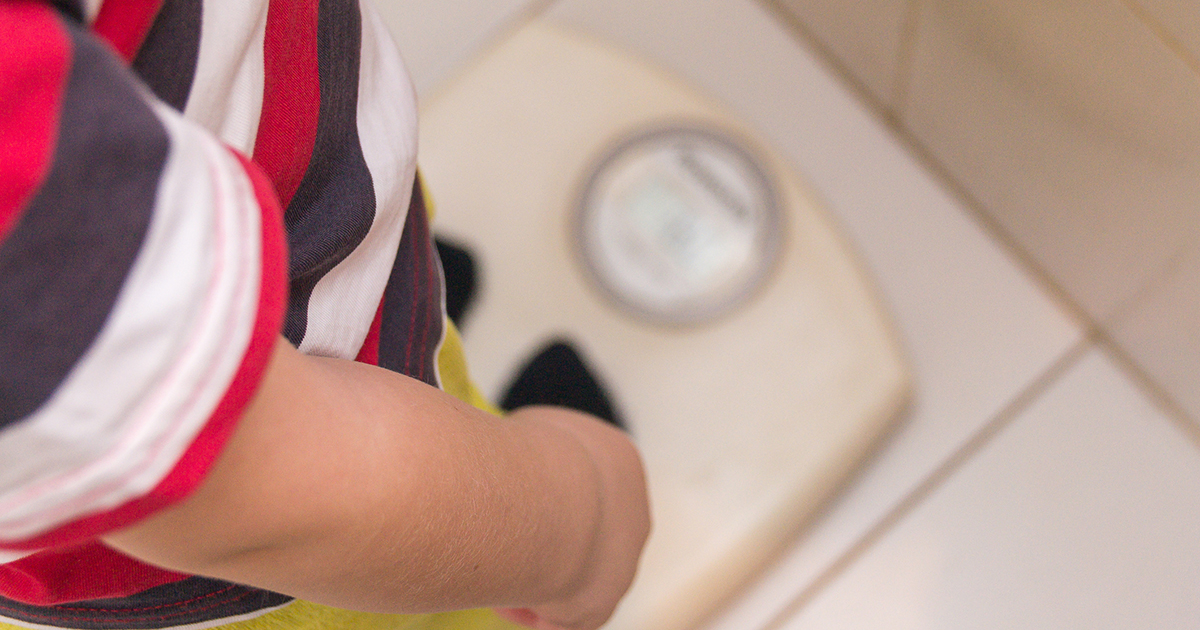Risk Factors Of Biliary Colic
Obesity Or Quick Weight Loss

Additional risk factors for biliary colic include obesity or quick weight loss. One reason is that obesity is closely linked with the elevation of low-density lipoprotein cholesterol and triglycerides.
The probability of gallstones in children is documented in a 2012 study that suggests children who were moderately to severely obese were at a high risk for gallstones. The correlation of increased body mass and gallstones is also shown in a 2013 study following 77,679 participants.
Concerning quick weight loss, multiple studies suggest it can stimulate increased production of cholesterol into the bile as well. In a 2014 study, skipping breakfast every day for four weeks contributed to weight loss in obese participants. However, it also caused an increase in cholesterol. The same was reported for healthy female participants in a 2005 study. The participants completely two fourteen-day trials in which they either skipped or ate breakfast. Higher cholesterol was shown for the trial in which the participants skipped breakfast.
Learn more about what can increase the risk of biliary colic now.